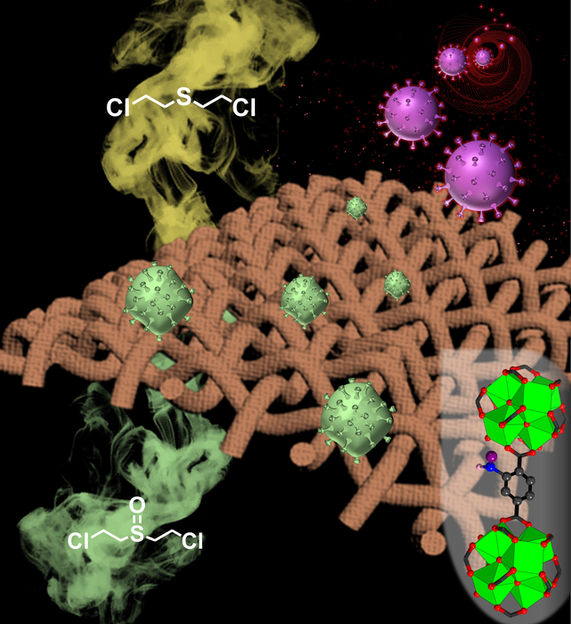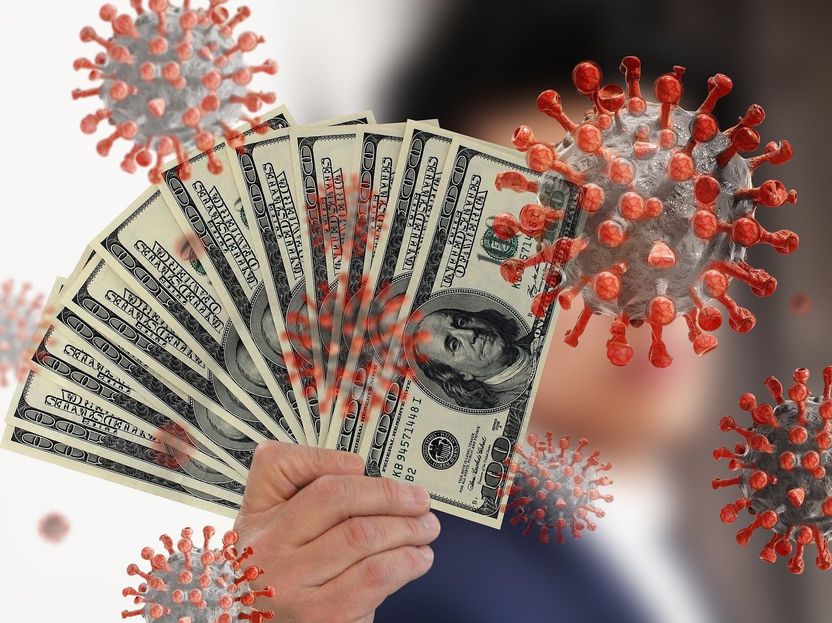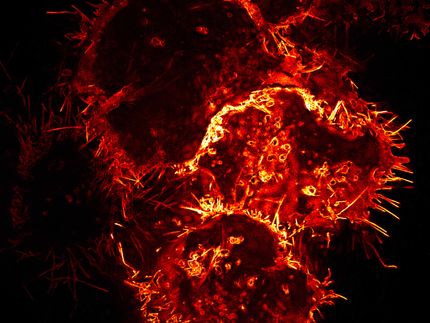Nasal spray vaccine has potential for long-lasting protection from Ebola virus
A nasal vaccine in development by researchers at The University of Texas at Austin has been shown to provide long-term protection for non-human primates against the deadly Ebola virus. Results from a small pre-clinical study represent the only proof to date that a single dose of a non-injectable vaccine platform for Ebola is long-lasting, which could have significant global implications in controlling future outbreaks. This work is being presented at the 2014 American Association of Pharmaceutical Scientists (AAPS) Annual Meeting and Exposition.
Maria Croyle, a professor in the College of Pharmacy at The University of Texas at Austin, Kristina Jonsson-Schmunk, a graduate student in pharmacy, and colleagues at the university developed a nasal formulation that improved survival of immunized non-human primates from 67 percent (2 out of 3) to 100 percent (3 out of 3) after challenge with 1,000 plaque forming units of Ebola Zaire 150 days after immunization. This is important since only 50 percent of the primates given the vaccine by the standard route (intramuscular injection) survived challenge.
"Ebola causes devastating outbreaks with fatality rates of 25 - 90 percent in Africa and Asia. Although progress has been made in understanding the virus' biology, no licensed vaccines or treatments currently exist. There is a desperate need for a vaccine that not only prevents the continued transmission from person to person, but also aids in controlling future incidences," said Jonsson-Schmunk. "The main advantage of our vaccine platform over the others in clinical testing is the long-lasting protection after a single intranasal dose. This is important since the longevity of other vaccines for Ebola that are currently being evaluated is not fully understood. Moreover, the nasal spray immunization method is more attractive than a needle vaccine given the costs associated with syringe distribution and safety."
The next stage of Dr. Croyle's research is a Phase I clinical trial that tests the effectiveness of their vaccine in human subjects. They will also further explore preliminary data they have collected for administration of the vaccine as a thin film under the tongue in non-human primates.
Most read news
Organizations
Other news from the department science

Get the life science industry in your inbox
By submitting this form you agree that LUMITOS AG will send you the newsletter(s) selected above by email. Your data will not be passed on to third parties. Your data will be stored and processed in accordance with our data protection regulations. LUMITOS may contact you by email for the purpose of advertising or market and opinion surveys. You can revoke your consent at any time without giving reasons to LUMITOS AG, Ernst-Augustin-Str. 2, 12489 Berlin, Germany or by e-mail at revoke@lumitos.com with effect for the future. In addition, each email contains a link to unsubscribe from the corresponding newsletter.
More news from our other portals
Last viewed contents

Particle Measuring Systems Germany GmbH - Darmstadt, Germany

Fluid Metering, Inc. - Syosset, USA
Vicuron Pharmaceuticals: Phase 3 Trial Results Demonstrate Superiority of Anidulafungin in Invasive Candidiasis/Candidemia
FDA advisory committee recommends approval of Novartis investigational treatment FTY720 to treat relapsing remitting MS

A rare feat: Material protects against both biological and chemical threats - Versatile fabric is effective against virus that causes COVID-19
New marine compound derived from the sea slug against lung cancer and melanoma - PharmaMar initiates phase II trials in lung cancer and melanoma

Start-up Raises 16.3 million Euros to Prepare Market Launch of its SARS-CoV-2 Rapid Testing System - “Mini-laboratory” provides test results in 30 to 40 minutes
Pivotal study confirms potential of Novartis candidate vaccine Bexsero to help protect infants against meningococcal serogroup B disease
Evotec and Celgene expand iPSC collaboration to include additional cell lines
Bridging that Gap Between Research and Market - Europe is well positioned to spearhead the development of a bio-based economy but must invest in demonstration activities to gain a competitive edge, says new study























































